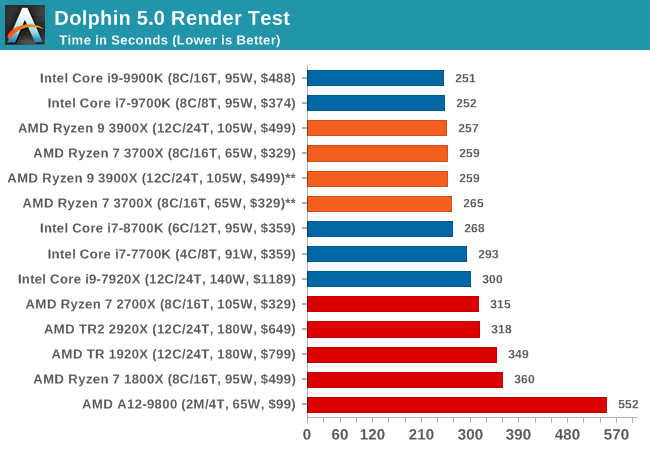I watched that video and was thoroughly impressed.You want to watch a good side by side comparison of the 3600X vs. the 8700K(stock). 8700K running at 4,295 MHz vs. 3600X at 4,175 Mhz. Look at the side by side, and using 32GB of RAM. It's impressive! Around 10:26 seconds starts the real time side by side comparison.
He said the 3600x performance was virtually identical to the more expensive 8700k. While he has been pro Ryzen in the past, praising Ryzen for its good value, he said the 8700k should only be bough if you already have a 300 series intel motherboard with something like an I3 and am looking to upgrade.
He also said he never reccomended Ryzen for 144hz monitors before, but now he would.


